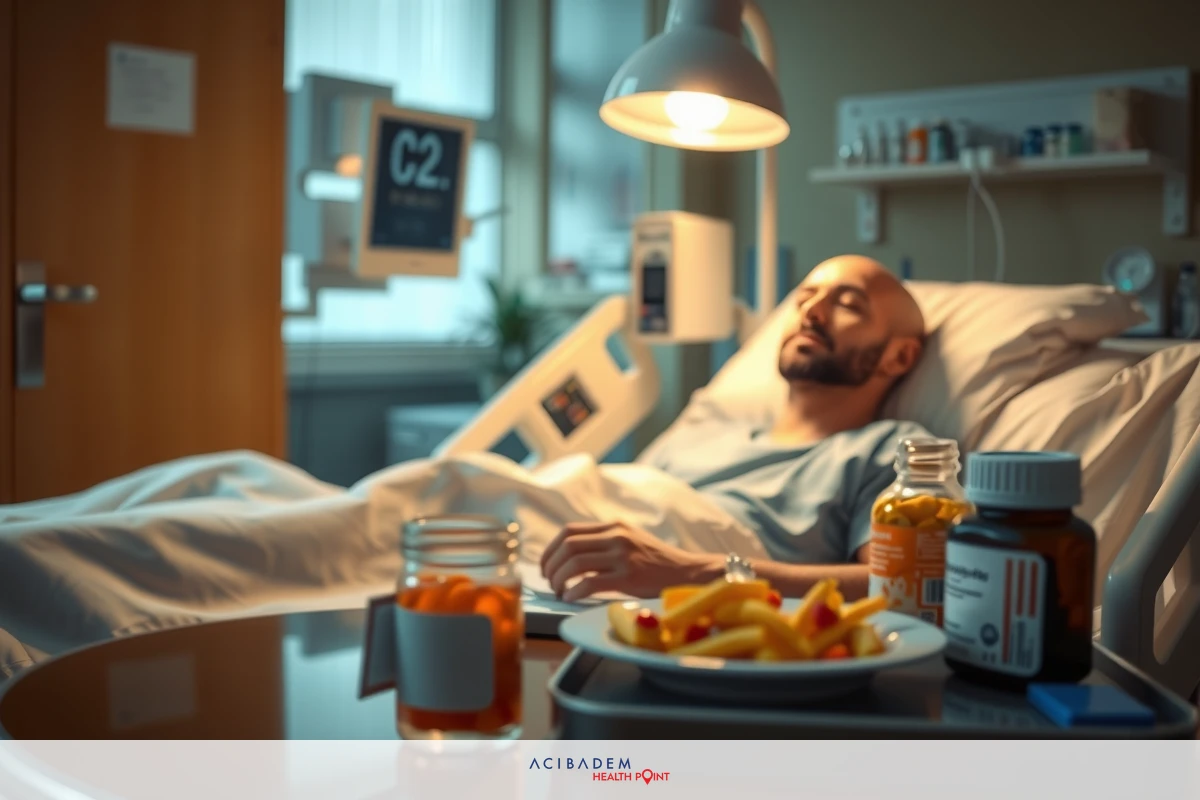How Long on Pain Killers Rhinoplasty
How Long on Pain Killers Rhinoplasty Navigating the post-operative period of rhinoplasty can feel like traversing an unfamiliar landscape. The anticipation of seeing your new look might be tinged with questions about recovery, particularly concerning pain management. As common as this surgery is, it’s only natural to wonder how long you’ll need to rely on painkillers to keep discomfort at bay.
There’s no one-size-fits-all answer; individuals experience and manage pain differently. Most people find that they require some form of analgesic for a few days following surgery but taper off as healing progresses. Remember, always consult with your doctor before making any changes in medication regimen.
How Long on Pain Killers Rhinoplasty : Managing Pain After Rhinoplasty
After undergoing rhinoplasty, pain management becomes a primary concern. It’s crucial to remember that each person’s journey is unique, and responses to this surgical procedure can vary widely. While some might experience minimal discomfort, others may find the recovery process more challenging. The essential part of managing pain after rhinoplasty involves understanding your body and listening to its signals.
Pain relief during rhinoplasty recovery often starts with medication prescribed by your doctor. These medications are typically opioids or non-steroidal anti-inflammatory drugs (NSAIDs). Each has its benefits and drawbacks – while opioids can provide potent relief from severe post-surgical pain, they also carry risks of dependency if used for extended periods. NSAIDs, on the other hand, offer a gentler approach but may not be sufficient for all patients’ needs.
Aside from pharmaceutical interventions, supplemental strategies can aid in easing discomfort during recovery from rhinoplasty. Simple actions such as maintaining an elevated head position while sleeping or resting can help reduce swelling and alleviate pressure in the nasal areaapplying cold compresses aids in numbing the region temporarily relieving pain sensations. Additionally, incorporating relaxation techniques like deep breathing exercises or gentle yoga poses into your daily routine could potentially enhance overall well-being during this period.
Duration of Painkiller Use
The duration of painkiller use post-rhinoplasty is a topic that warrants careful consideration. It’s worth noting that a multitude of factors can influence this timeline,
such as the individual patient’s pain tolerance, overall health, and specific surgical procedures involved. While it’s common to assume that extended use of pain relief medication might be necessary after surgery, many patients find their need diminishes rather rapidly.
Immediately following rhinoplasty, your healthcare provider will likely advise you to take your prescribed medication regularly for the first few days. This regimen helps manage initial discomfort while preventing the onset of severe post-operative pain. As you move further along in recovery and healing begins to occur naturally within your body, you may notice a decrease in physical discomfort levels. Consequently, it becomes possible to reduce or even cease reliance on potent analgesics much sooner than expected.
However important it is not to rush this process prematurely or without professional advice. Reducing or discontinuing medication should always be done under medical supervision; sudden cessation can lead to withdrawal symptoms with opioids or rebound effects with NSAIDs. Your doctor can provide guidance on when and how reduction should start based on observations during follow-up visits and feedback regarding personal comfort levels throughout recovery.
How Long on Pain Killers Rhinoplasty: Tips for Finding Relief

Rhinoplasty, like any other surgical procedure, involves a recovery period marked by varying degrees of discomfort. While medication plays an integral role in managing this pain, it’s far from being the only tool at your disposal. Exploring additional methods to find relief during rhinoplasty recovery can greatly enhance your comfort levels and potentially speed up the healing process.
Hydration: Keeping yourself well-hydrated not only aids in overall health but also promotes faster healing after surgery.
Cold Compresses: Applying cold compresses around (not on) the nasal area can help reduce swelling and numb mild pain.
Elevate Your Head: Especially when sleeping, maintaining an elevated head position helps decrease inflammation.
Avoid Strenuous Activities: High-intensity activities can cause strain resulting in increased discomfort; rest is key during recovery.
Healthy Diet: Consuming nutrient-rich foods supports overall body function including its natural healing processes.
While these tips offer supplementary means of finding relief post-rhinoplasty, always remember that each individual’s journey is unique. What works best for one might not necessarily be as effective for another. It’s essential to consult with healthcare
professionals throughout your recovery process for personalized advice tailored specifically to your needs and circumstances.
Frequently Asked Questions
What type of pain can I expect after rhinoplasty?
Pain varies significantly from one individual to another. Generally, most patients experience mild to moderate discomfort that can be managed effectively with prescribed medications.
How long will I need to take painkillers after my surgery?
The duration for taking painkillers post-rhinoplasty largely depends on your personal comfort and the advice of your healthcare provider. Typically, regular use is recommended for a few days following surgery, tapering off as healing progresses.
Can non-pharmaceutical methods help manage post-surgery discomfort?
Absolutely! Techniques such as maintaining an elevated head position while sleeping or resting, applying cold compresses around the nasal area, avoiding strenuous activities, staying well-hydrated and sticking to a nutrient-rich diet all contribute towards managing discomfort during recovery.
Should I stop taking my medication if I feel no pain?
Any changes in medication use should always be made under medical supervision. If you're not experiencing much pain anymore it's advisable to consult with your doctor before discontinuing usage.











